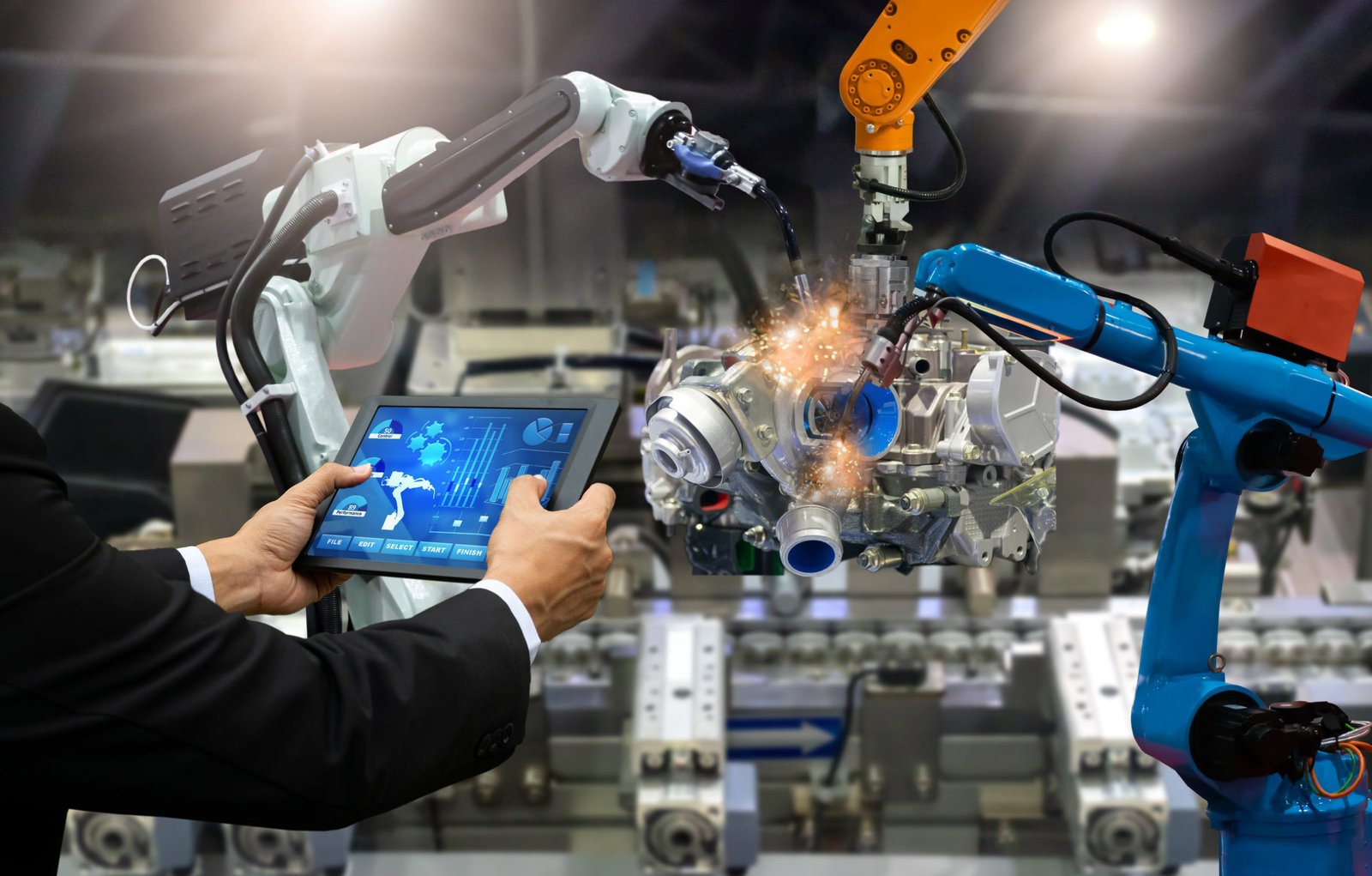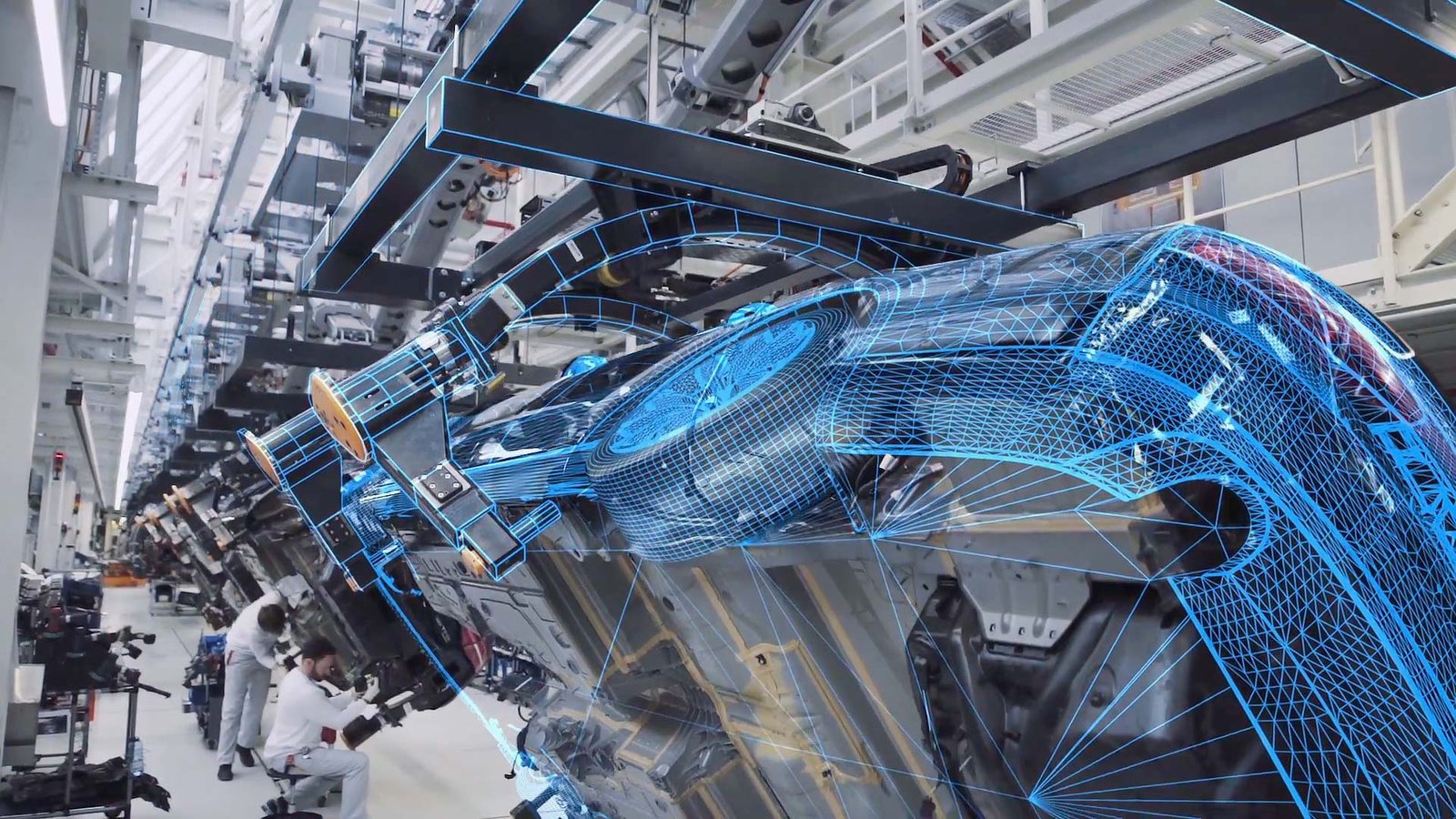In modern vehicles, engine efficiency is a major factor that talks to three important aspects: performance, fuel consumption, and environmental impact. There are so many elements that determine how efficiently an engine performs. Knowing them can bring improved maintenance of the vehicle and improved driving experiences. One of these factors is the role of a reconditioned cylinder head. This component must be in the best possible condition since it contains vital parts such as valves, camshafts, and rocker arms.
Efficient combustion and hence proper power delivery require this part to be in top condition. More precisely, while it does depend on the quality of fuel per se, the more important factors are engine design, vehicle weight, aerodynamics, and the transmission system. Properly maintaining the car, and knowing how those things work interdependently, most vehicle drivers can enable better miles per gallon and longer life for an engine, hence making vehicle ownership more sustainable and economic.
Fuel Quality and Type Impacts on Engine Efficiency
Fuel quality and type do matter in running an engine efficiently. High-octane fuel, for instance, tends to bring performance and efficiency; this is so in the case of high-compression engines. These fuels stop knocking and make the running of the engine smoother. Aside from the few, fuels that have some additives play a big role in keeping the engine clean and at its best performance additives prevent the formation of harmful deposits in an engine so that it runs smoothly and reliably.
Advances in Engine Design and Technology
New developments in the engine design and technology arena have contributed to increased engine efficiency. Such things, among others, include turbocharging, direct fuel injection, and variable timing in valve operation. On their part, turbocharging offers an increase in power due to the forcing of much air into the combustion chamber, while direct fuel injection ensures a better and more accurate dosage of fuel for better combustion and efficiency. Newer engines are precisely engineered to optimize internal combustion processes, minimize inner friction, and attain maximum power to fuel use. Improvements in all of these areas combined hence lead to more efficient working of the engine, due to which improvement in the overall performance of the vehicle is achieved.
Effect of Vehicle Weight and Aerodynamics on Engine Efficiency
These are the two most critical factors that affect engine efficiency. Lighter vehicles require less power to accelerate and sustain speed, hence achieving higher fuel economy. A reduction in a vehicle’s weight by using lightweight materials can make way for efficient engine performance. Also, the aerodynamic design of a vehicle is another prime factor in fuel efficiency. The streamlined designs, which have reduced air friction, cut down on the drag and put less stress on the engine. By improving the weight and aerodynamics, manufacturers of vehicles are capable of enhancing fuel economy and general vehicle performance. Therefore, both lightweight construction and aerodynamic optimization become indispensable on the way to higher engine efficiency and lower fuel consumption.
Read more: https://classroom6x.co.uk/electric-bike-battery-manufacturer-powering-the-future-of-urban-mobility/

Transmission and Drivetrain Impact on Engine Efficiency
The type of impact of an automatic, manual, and continuously variable transmission influences how efficiently the engine can do its job based on gears. The transmissions that offer extremely smooth and precise gear changes help the working of the engine at best and thus enhance overall efficiency. Moreover, configurations at the front, rear, or all wheels of drivetrains do affect power delivery and fuel consumption. If the transmission and drivetrain are matched for design and driving requirements, it yields better engine performance and fuel efficiency with quick responsiveness and economy.
Impact of Maintenance and Operating Conditions on Engine Efficiency
The efficiency of an engine is greatly affected by regular maintenance and operating conditions. A well-maintained engine will perform better for fuel compared to one that is not maintained on time for oil changes, air filter replacement, and maintenance of tyre pressure. Better maintenance thus ensures higher performance and fuel consumption. Proper maintenance in conjunction with thoughtful driving techniques will help to keep an engine at its best performance, which in turn can improve fuel economy and overall engine performance. Routine maintenance and driving conditions are what guarantee that the engine will work most efficiently.
Conclusion
In conclusion, these things make engine efficiency in modern-day cars highly complex. Better fuels of quality and the right types of fuels provide increased performance and a cleaner running engine, whereas changes in the design and other advanced technologies of the engines and direct injection all serve to maximize combustion efficiency and minimize friction. Weight reduction and aerodynamics are also key factors; a lighter car, combined with an aerodynamic design, will improve gas mileage. Good maintenance and careful driving also contribute to peak engine efficiency. All of these factors, when taken care of appropriately, result in better fuel economy, better performance, and long-lasting power units for ensured efficient and cost-effective driving.
Visit classroom6x for more.





